How long does one hit of weed stay in your system? You are probably concerned about an upcoming drug test if you're asking this question. Perhaps not something you’d normally fret over, but after taking a hit off a joint last weekend, you are now in full-blown panic mode. Will I lose my job? Could one hit of weed make me fail a drug test?
In short—don’t panic. We’ve got plenty of information about what factors influence THC detection time and what you can do to pass a drug test.
Detection Times for Different Drug Tests
When it comes to detecting weed in your system, drug tests primarily look for a chemical compound called THC (delta-9-tetrahydrocannabinol) and its metabolites. These metabolites can remain in your body long after the effects of weed have subsided. The length of time weed is detectable depends on several factors, including the amount you consume and the type of drug test used.

- Urine Testing: Urine tests are the most common method for detecting weed use. Detection windows can vary, but studies suggest the following approximate detection times:
- Single use: Weed can be detectable in urine for about 3 days after last use.
- Moderate use (four times per week): Weed may be detectable in urine for 5 to 7 days.
- Chronic use (daily): Detection times can range from 10 to 15 days.
- Chronic heavy use (multiple times per day): Weed can be detectable in urine for more than 30 days.
It's important to note that weed metabolites are fat-soluble, meaning they bind to fat molecules in your body. This can prolong the detection window, particularly for individuals with higher amounts of body fat.
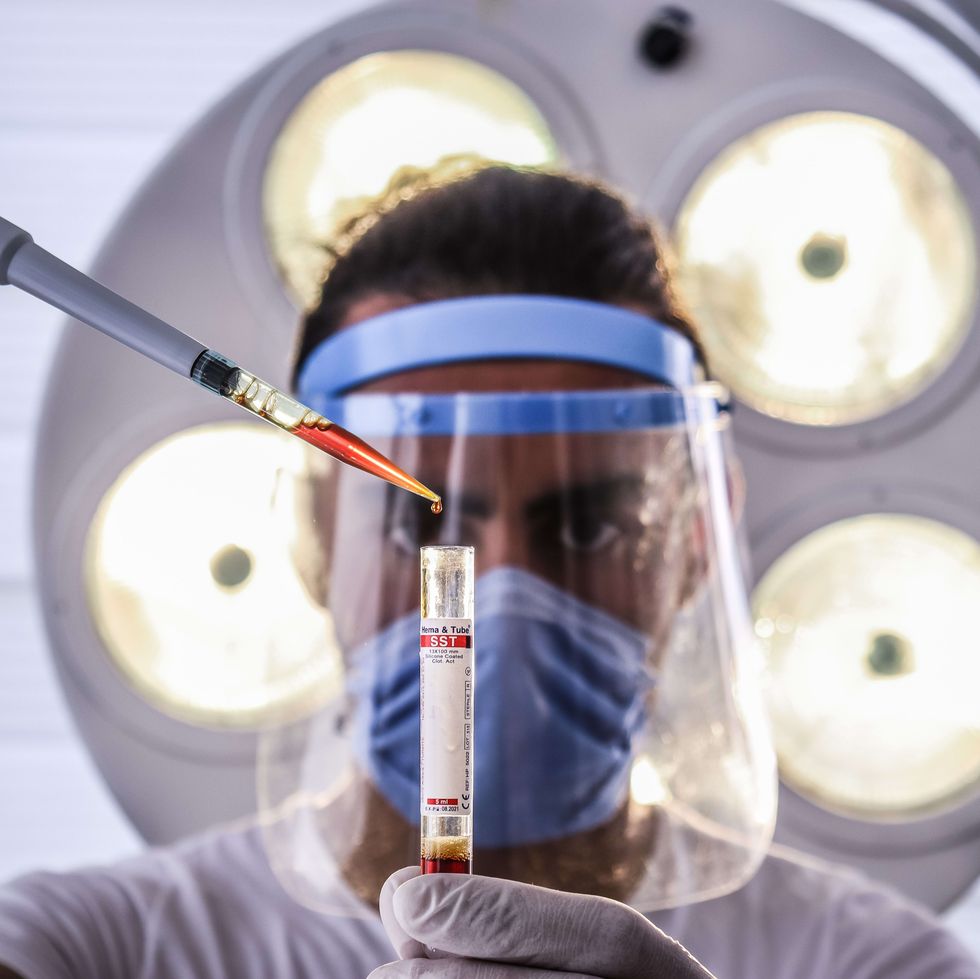
- Blood Testing: Blood tests are used to detect recent cannabis use, typically within the last 2 to 12 hours. However, heavy use can lead to detection up to 30 days after last use. Chronic heavy use can result in a longer detection period.
- Saliva Testing: Saliva tests have a shorter detection window compared to urine and blood tests. In some cases, they can detect weed use on the same day. A review from 2020 found that THC was still detectable in the oral fluid of frequent smokers up to 72 hours after use. Saliva tests are sometimes used for roadside testing in jurisdictions where weed is illegal.
- Hair Testing: Hair follicle tests have the longest detection window, potentially detecting weed use for up to 90 days. This type of test measures cannabinoids that have reached the hair follicles through blood vessels, sweat, and sebum surrounding the hair shaft. Since hair grows at an average rate of 0.5 inches per month, a 1.5-inch hair segment taken close to the scalp can provide a window of detection for the past 3 months.

Metabolism and Excretion of THC
When you smoke or ingest cannabis, THC is absorbed into your bloodstream. Some of it is temporarily stored in organs and fatty tissues. The breakdown of THC primarily occurs in the liver, resulting in the formation of various metabolites, including 11-OH-THC and THCCOOH. These metabolites, rather than THC itself, are the focus of drug tests.
The excretion of THC and its metabolites mainly occurs through urine and stool. The time it takes for these substances to leave your system depends on factors such as the frequency of cannabis use. Frequent use leads to higher baseline concentrations of THC metabolites, prolonging the excretion process. However, there is no surefire way to speed up the elimination of THC metabolites from your body. Exercise, maintaining a healthy diet, and staying hydrated may have minimal impact on the process.
Factors Affecting Detection Times
Several factors can influence how long weed stays in your system and remains detectable:
- Dosage and Frequency of Use: Higher doses and more frequent use of cannabis are associated with longer detection times. If you consume large amounts of weed or use it on a daily basis, the detection window will likely be extended.
- Route of Administration: The way you consume cannabis can affect detection times. Ingesting weed, such as through edibles, may lead to slightly longer detection times compared to smoking it.
- Potency of Cannabis: Weed strains with higher THC content may remain detectable for a longer period. The potency of the cannabis you use can impact the presence of THC metabolites in your system.
- Body Mass Index (BMI) and Metabolic Rate: Factors unrelated to the drug itself, such as BMI and metabolic rate, can influence how your body processes and metabolizes THC. Individuals with higher BMI or slower metabolic rates may have longer detection times.
While these factors play a role, it's important to remember that detection times can still vary significantly among individuals. Each person's body processes and eliminates substances differently, leading to variations in the duration of weed's presence in the system.
You’ve probably noticed that two people smoking the same joint might have very different results. For example, one friend might immediately head to the couch for a nap, another might suddenly erupt with boundless energy, and yet a third may be raiding your fridge in an attempt to quell the insatiable appetite known as “munchies.”
In addition to the varying effects of getting high, our bodies detox at different paces. There are several factors influencing detection time that can help you develop the best plan to pass a drug test.
Not all Cannabis Is the Same
It’s simple logic that smoking an entire joint to oneself will result in more THC in your system than taking only one hit. However, the product's potency determines not just how high you’ll get, but how long the THC metabolites will remain in your system. Most cannabis flower contain between 15-30% THC. That might sound like a lot, but compare it to cannabis extracts in a vape pen. Much of the oil used to fill a vape cartridge contains upwards of 60% THC, sometimes even more than 90%. So, it makes sense that you would get much more stoned and therefore process more THC when smoking a vape pen than smoking raw flower.
The same rule applies to edibles, which are typically infused with cannabis extract—the more potent the product, the more THC in your system. In theory, you could likely detox faster from smoking an entire joint than you might from taking two or three hits off of a highly potent vape pen. That said, one hit of weed contains a minimal amount of THC.
How Long Does One Hit of Weed Stay in Your System
Sure, if you smoke weed every day, you’re probably going to fail any drug test. But what if you just smoked a little bit? Will that one hit of weed be detectable in your system? There’s a chance you could fail depending on the drug test.
Urine: THC is detectable in urine for up to 30 days. However, this applies to regular, moderate to heavy users. One hit of weed will probably only show up on urinalysis for a few days.
Blood: Blood tests can detect weed for a few hours up to one day. After a hit of weed, it is most detectable within the first three hours but quickly leaves the bloodstream.
Saliva: A saliva drug test is the most challenging test to beat with little notice. THC metabolites are detectable in saliva for up to 24 hours after last use, and if tested right after you’ve taken a hit, it will certainly show up.
Hair Follicle: THC and many other drug metabolites linger in hair follicles for as long as 90 days. No amount of scrubbing or combing will remove the metabolites, and you’ll need a special shampoo to help you detox for this test.
The Bottom Line
Keep in mind that if your weed use consists of just that one hit just that one time, you probably won’t trigger any significant THC alarms. If you are worried about passing a drug test, the best thing you can do is invest in a trusted detox program to help you flush your system quickly. No matter what your timeline or how much THC you’ve consumed, Pass Your Test has the perfect kit to help you detox.
Need a little more Bluntness in your life? Subscribe for our newsletter to stay in the loop.




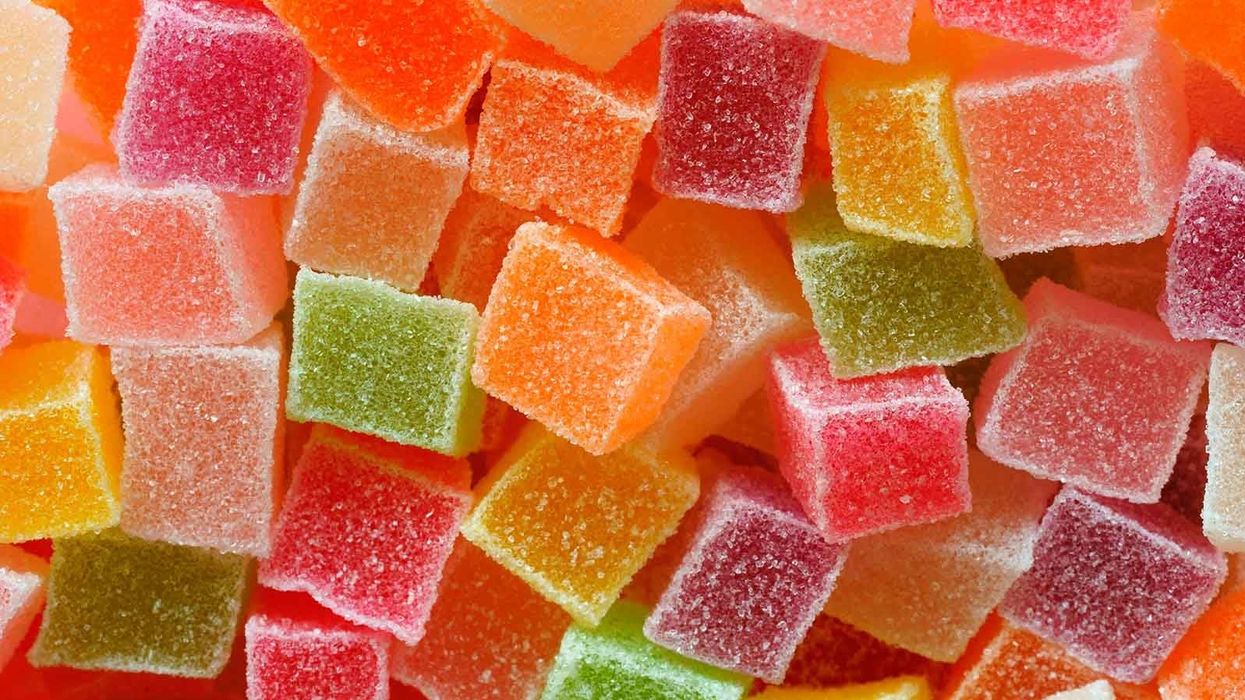


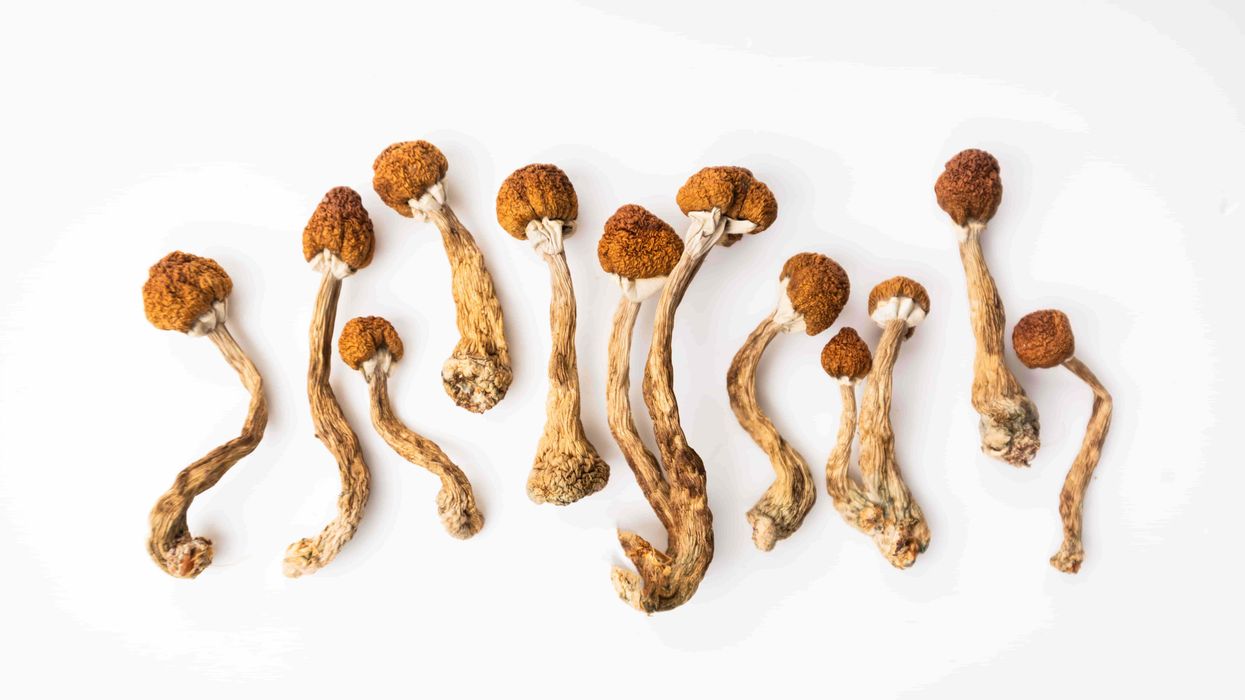






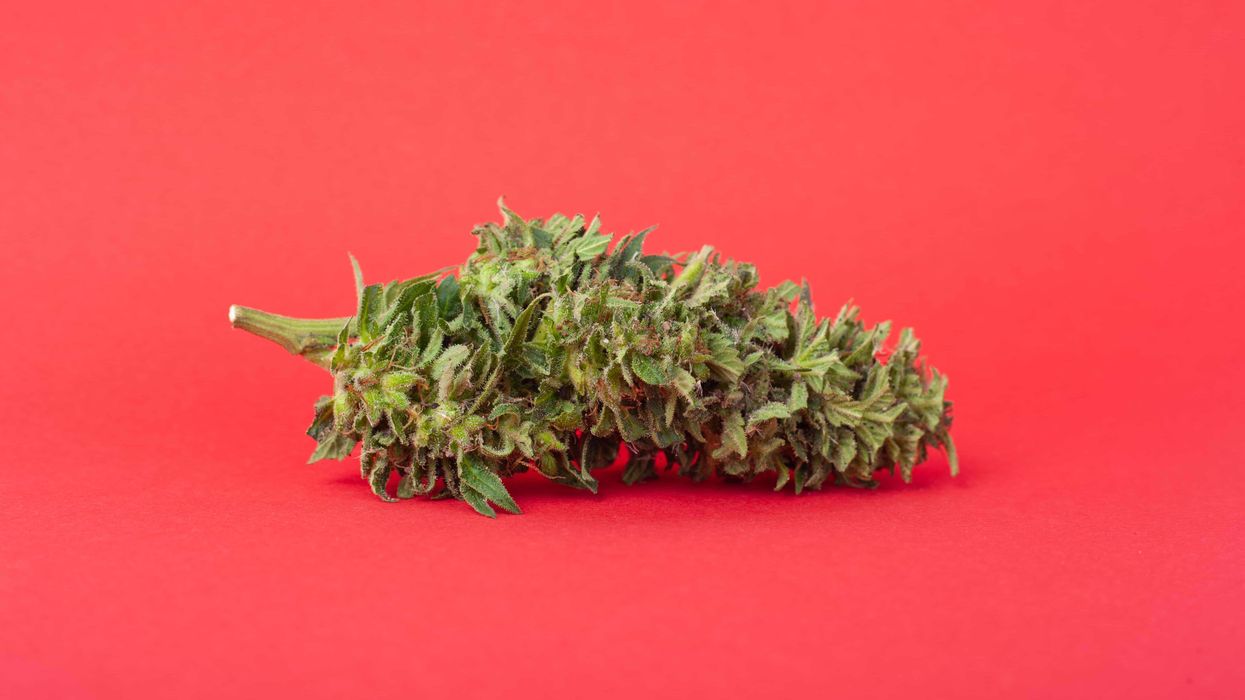
 Free Cannabis for Veterans and Those with Disabilities - The Bluntness
Photo by
Free Cannabis for Veterans and Those with Disabilities - The Bluntness
Photo by 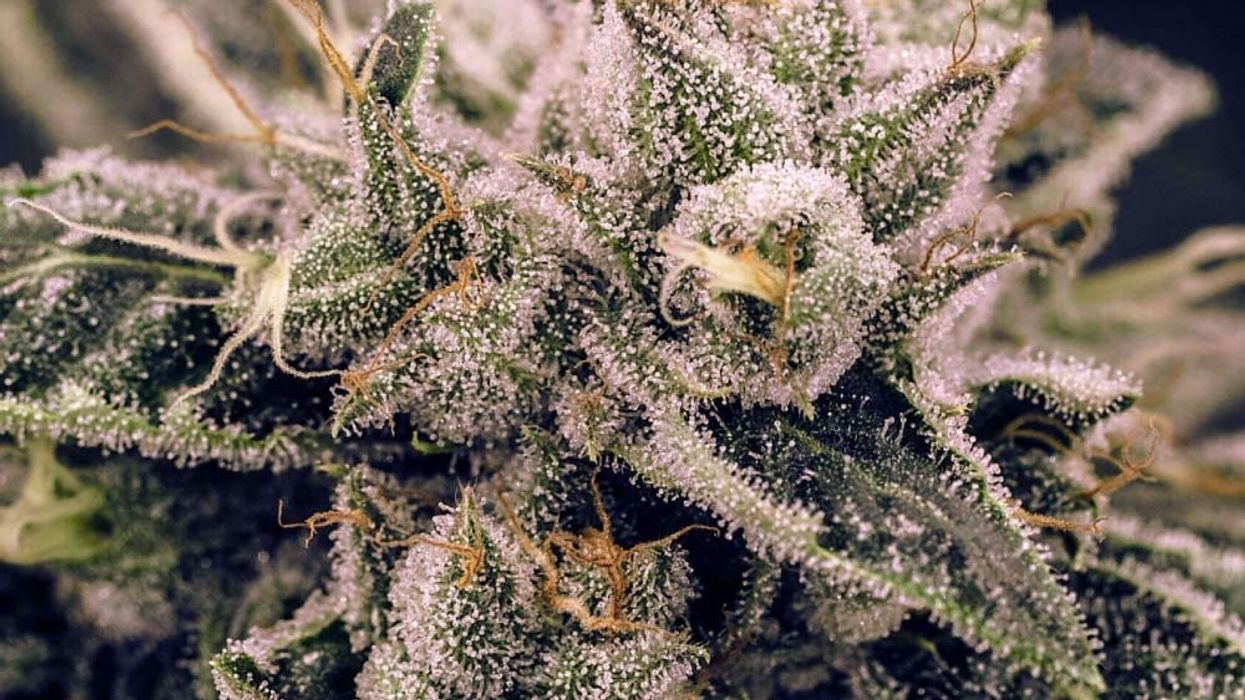
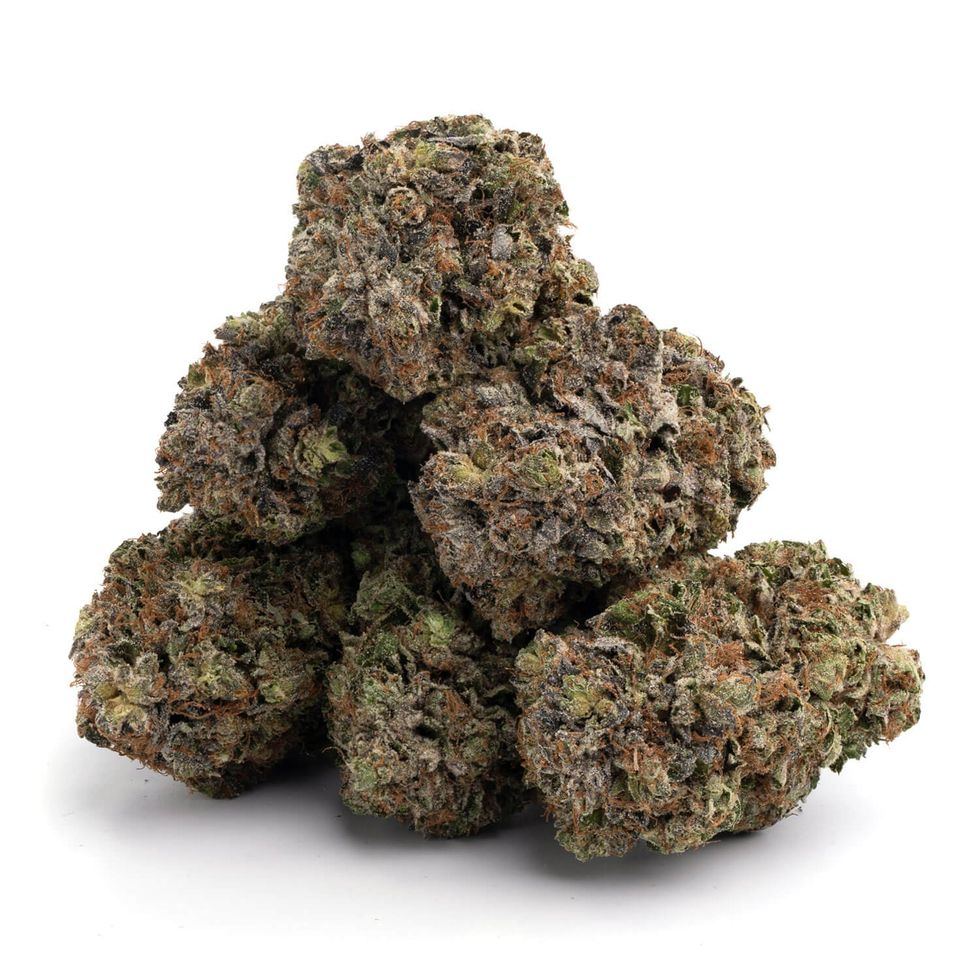 The Bluntness - Northern Lights Strain Review
The Bluntness - Northern Lights Strain Review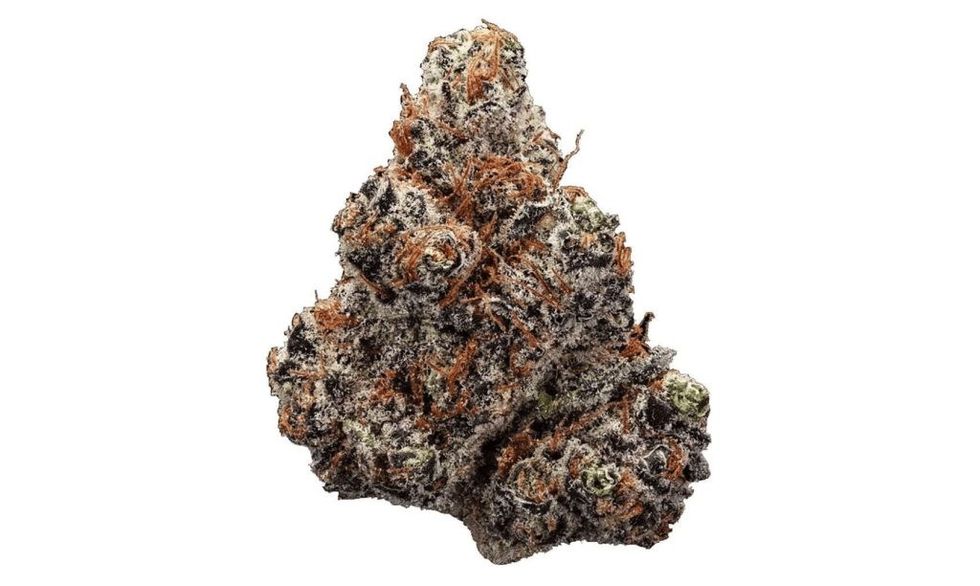 The Bluntness - Northern Lights Strain Review
The Bluntness - Northern Lights Strain Review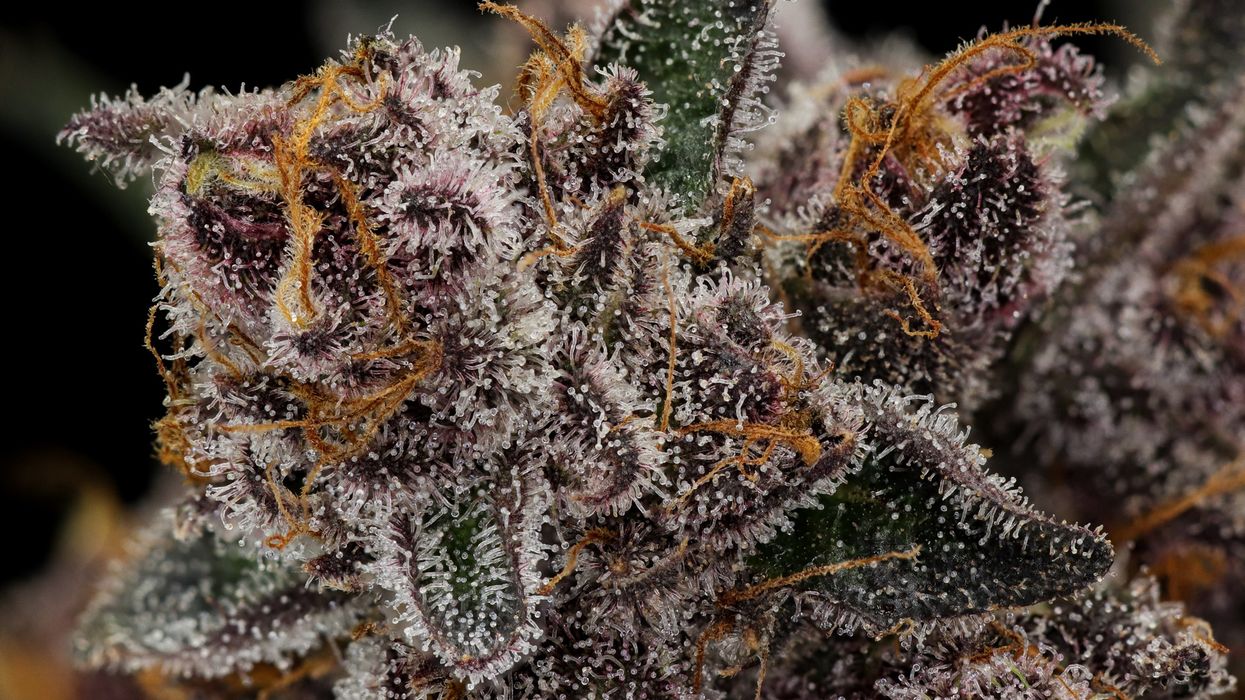
 Trop Cherry Strain - The Bluntness
Trop Cherry Strain - The Bluntness Trop Cherry Strain Review - The Bluntness
Trop Cherry Strain Review - The Bluntness